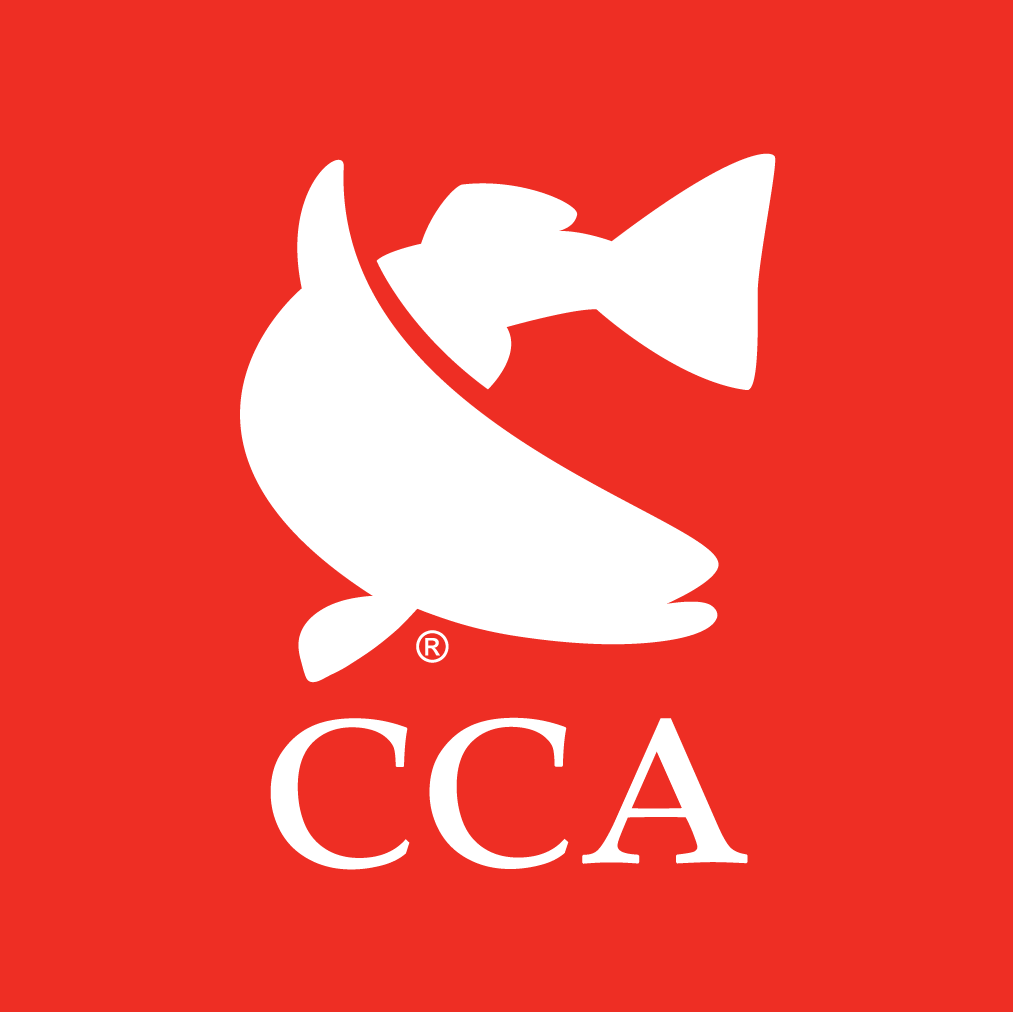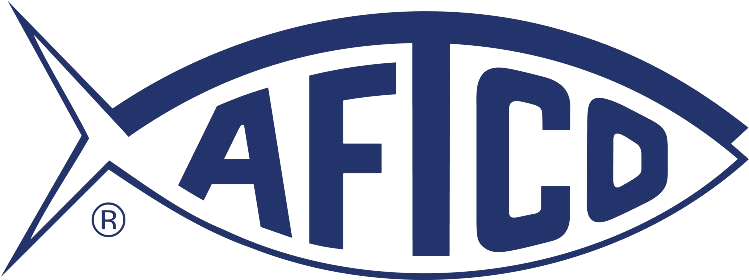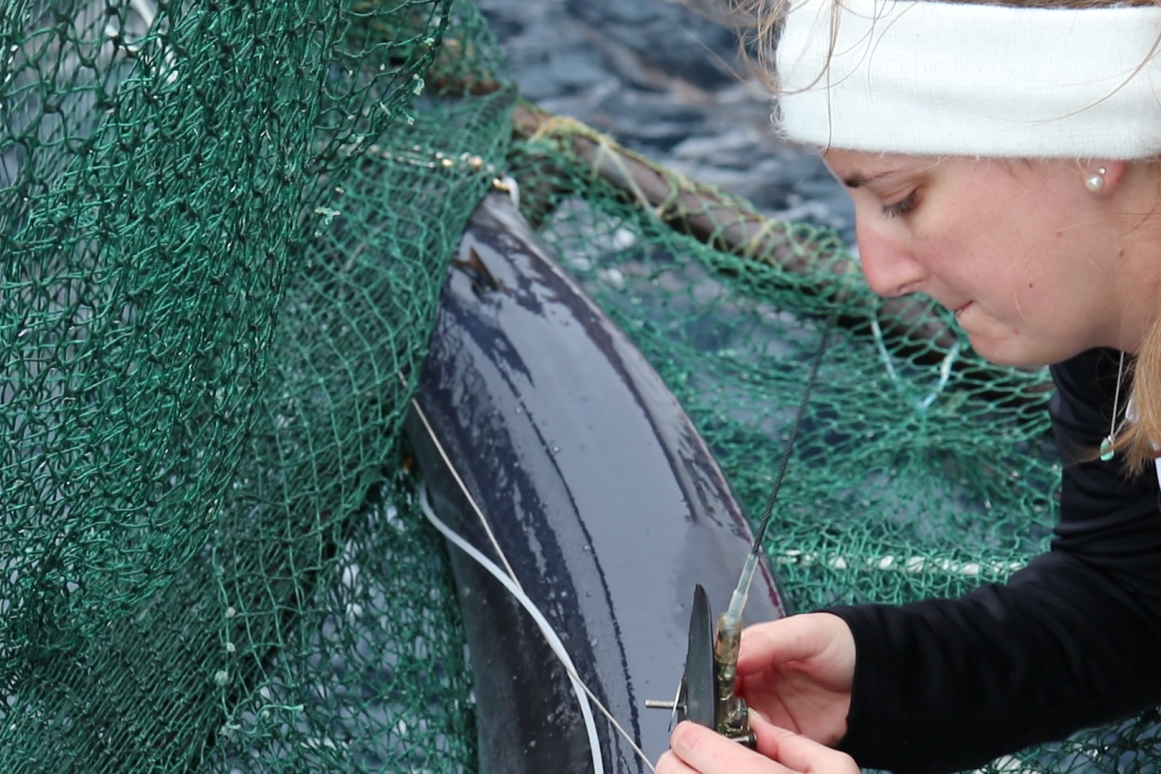HRI, CCA, and AFTCO Launch Fin Finder to Map the Lives of Ocean Predators
CORPUS CHRISTI, Texas — As researchers begin to see recovery in some shark populations, gaps remain in understanding where sharks go, how they reproduce, and how international waters affect their survival.
Three leaders in conservation have teamed up to create a tool that not only helps scientists study these ocean apex predators but also allows the public to follow their journeys and better understand their critical role in the broader marine ecosystem.
The Center for Sportfish Science and Conservation (CSSC) at the Harte Research Institute (HRI) at Texas A&M University-Corpus Christi (TAMU-CC), the Coastal Conservation Association (CCA), and AFTCO, one of the country’s top fishing outfitters, have joined forces to create Fin Finder, a virtual platform that displays data from satellite-tagged sharks.
The tracker debuted on the CSSC website — https://www.sportfishcenter.org/outreach/meet-our-sharks — during Discovery Channel’s annual Shark Week on July 21.
With CSSC scientists tagging sharks and contributing research expertise, AFTCO providing a conservation-driven platform, and CCA championing sustainable fisheries, the collaboration is uniquely positioned to advance shark conservation.
“AFTCO has been involved with fish electronic tagging dating back to my grandfather Milt Shedd’s work with Dr. Frank Carey in the 1970s,” said AFTCO President Casey Shedd. “We are proud to partner with HRI as they continue their efforts to better understand the apex predators that are vital to our fishing ecosystems.
“We believe more data and science are needed to inform fishing policies that benefit America’s approximately 15 million saltwater anglers. The team at HRI has been doing that work behind the scenes, and we’re proud to help further engage the public as they explore and learn about shark movements for themselves.”


The tracker allows scientists — and the public — to follow tagged sharks as they roam the ocean, offering rare insight into the lives of these elusive predators. It gives researchers the ability to better understand how sharks use the Gulf and beyond, ensuring conservation strategies are grounded in real-world data.
Without accurate data, ensuring sustainable shark populations is nearly impossible. The tracker helps fill those gaps by revealing migration patterns of species such as Tiger, Scalloped Hammerhead, and Shortfin Mako sharks — some of which can be followed in near real-time for several years.
“Fin Finder allows scientists and the public to follow these incredible apex ocean predators in real-time, helping us unlock critical information about their migration patterns and behavior in the Gulf,” said HRI Senior Executive Director Dr. Greg Stunz. “Tools like this are essential to understanding and protecting shark populations.”
The first shark tagged exclusively for Fin Finder is Webbkinfield, a 7-foot male Scalloped Hammerhead, tagged offshore Port Aransas, Texas, on April 9. Sharks previously tagged by CSSC are also featured on the platform. This unique collaboration enables HRI scientists to expand their shark tagging program in the Gulf.
“With Fin Finder, we’re not only able to collect valuable data on shark movements and behavior, but we’re also inviting the public to follow along and see why these apex predators are so vital to ocean health,” said CSSC Associate Research Scientist Dr. Kesley Banks ’19. “Our team has tagged a diverse range of sharks in the Gulf, and this tool helps bring their incredible journeys to life while supporting long-term conservation efforts.”
Beyond science, public engagement offers an opportunity to advance shark conservation and raise awareness about the vital role sharks play in maintaining ocean health. Sharks help keep prey populations in check, protect critical habitats, and serve as indicators of ecosystem stability.
“From pelagic sharks that are threatened by global longlining fleets to predation issues from growing coastal shark populations, the challenges related to managing and conserving sharks have never been more complex,” said CCA President and CEO Pat Murray. “Undoubtedly, sound science and strong communication are going to be the keys to the future of managing these important species. Thanks to the Harte Research Institute at Texas A&M University-Corpus Christi and AFTCO for bringing this important partnership together.”
As the challenges facing sharks continue to grow, partnerships like this — grounded in science and fueled by public engagement — are essential to securing a sustainable future for these remarkable predators and the oceans they call home.

